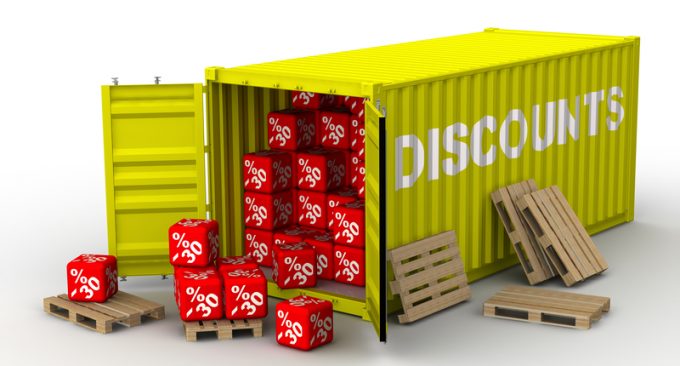USTR fees will lead to 'complete destabilisation' of container shipping alliances
The USTR fees for China-built shipping threaten a “complete destabilisation” of the ocean alliances, as ...

The arrival of a bearish containership charter market could lead to delivery dates for newbuild vessels being extended and prices being renegotiated or even cancelled, according to Alphaliner.
“In the light of a weakening freight market, carriers could be tempted to try and get out of ...

Comment on this article